

Ways of self-harming can include:
... the incidence of self-harm has continued to rise in the UK over the past 20 years and, for young people at least, is said to be among the highest in Europe. …
A child or young person can start and continue to self-harm for a variety of reasons which are personal to them. Individuals may find situations or feelings more overwhelming than their peers which can lead to self-harming behaviour. Common situations which may be associated with self-harm include:
If an individual has confided that they are self-harming then they may benefit from specialist support.
About 1 in 10 young people will self-harm at some point, but it can happen at any age.
Our psychologists assess risks, address needs and create management plans. As self-harm is an individual experience, our input may vary and adapt depending on the circumstances, examples of services we can offer include:
Following a referral, our specialist psychologist will be able to provide more information about available services which could support a child or young person.
When assessing within the area of self-harm, we would usually assess children and young people in relation to their social, emotional and mental health (SEMH). Examples of the assessments we may use include:
During the Initial Discussion we will talk about accurately assessing the needs of a child or young person, as there are a variety of approaches we can take.
Our services for young adults and children who are self-harming can take place in the home, education setting, our clinic or a community setting. It is important that the child or young person is in a place where they can feel as safe as possible. Our psychologists will share and recommend support strategies.
Children and young people can self-harm for a variety of reasons and our psychologists provide services to identify and address the underlying causes. If you are worried, or are aware, that a child or young person is self-harming then please contact us to see how we can help.
Arrange an Initial Discussion to find out how we can help. The initial discussion lasts 1-1.5 hours, comes with a written recommendation summary and is a starting point to identify needs. The cost is £260.
only
£260
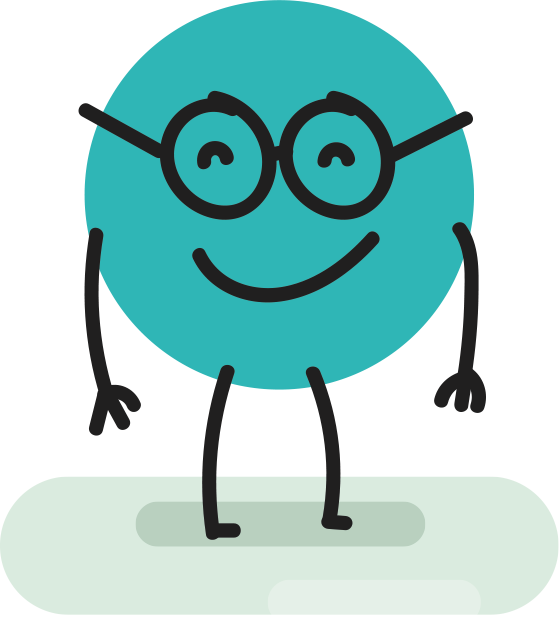
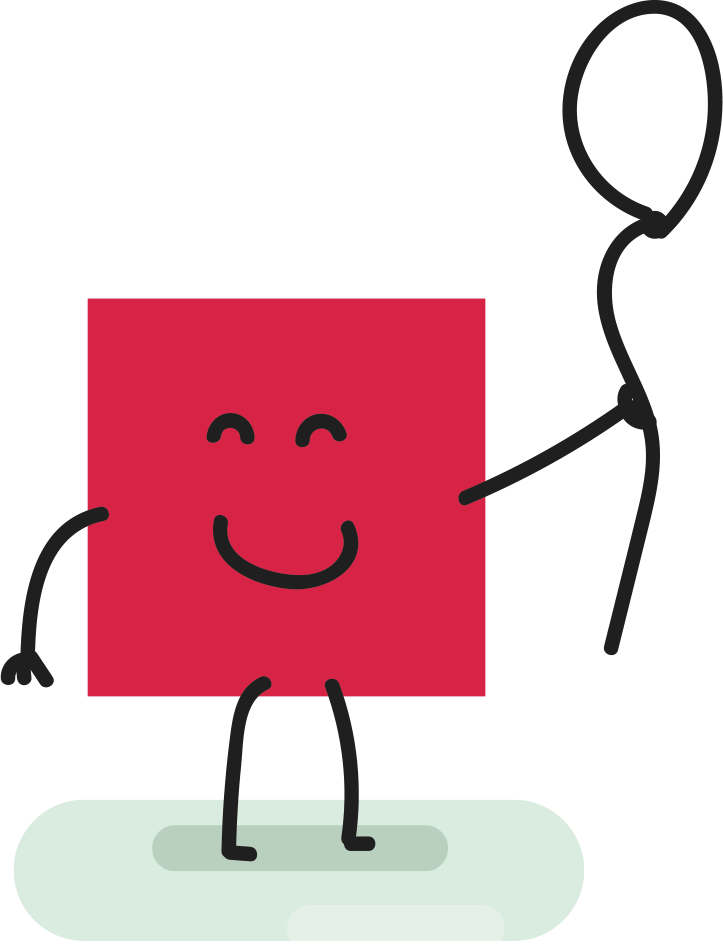
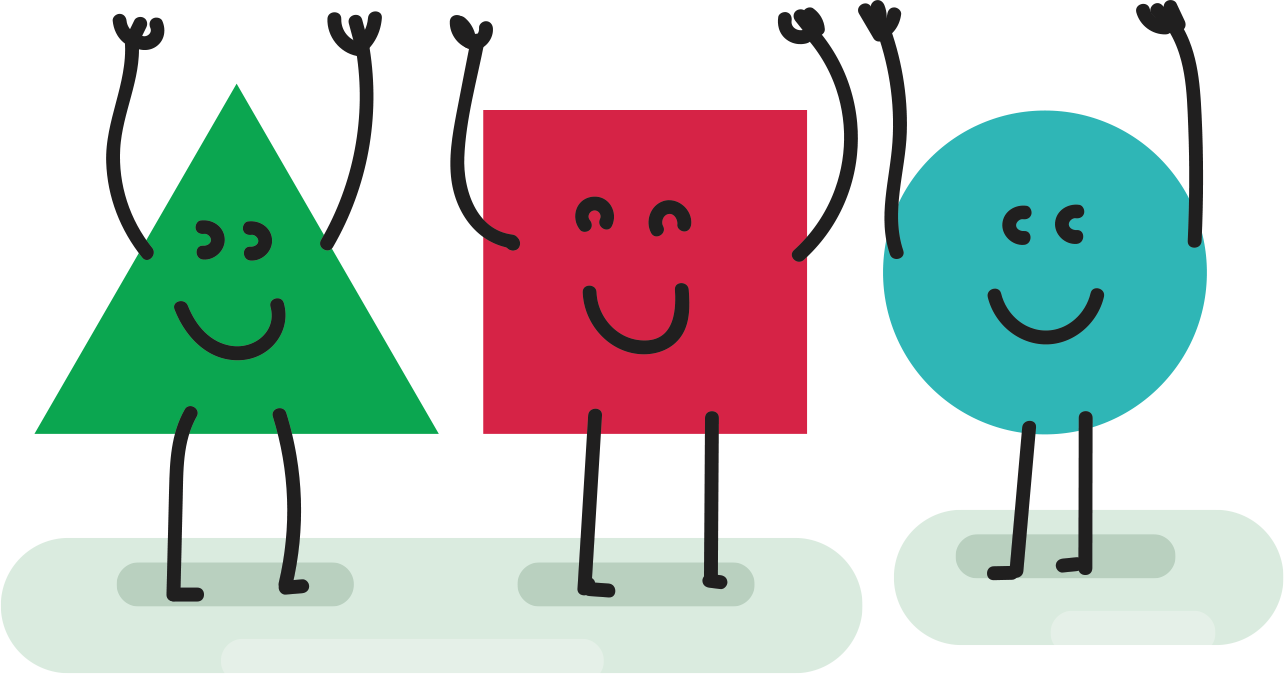
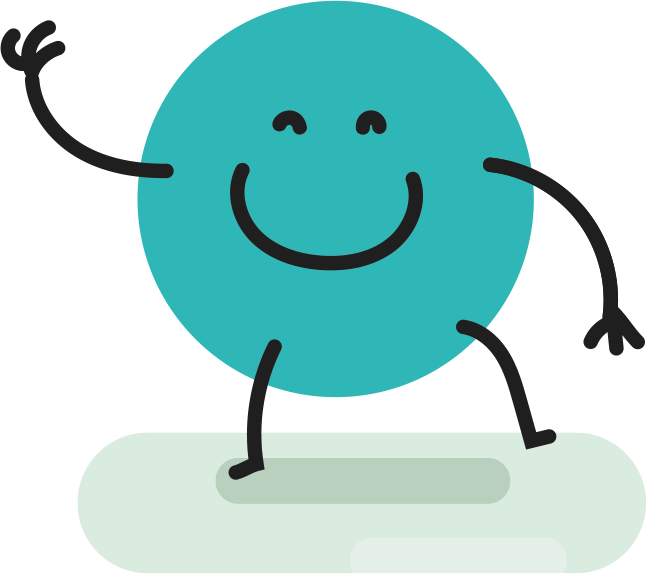
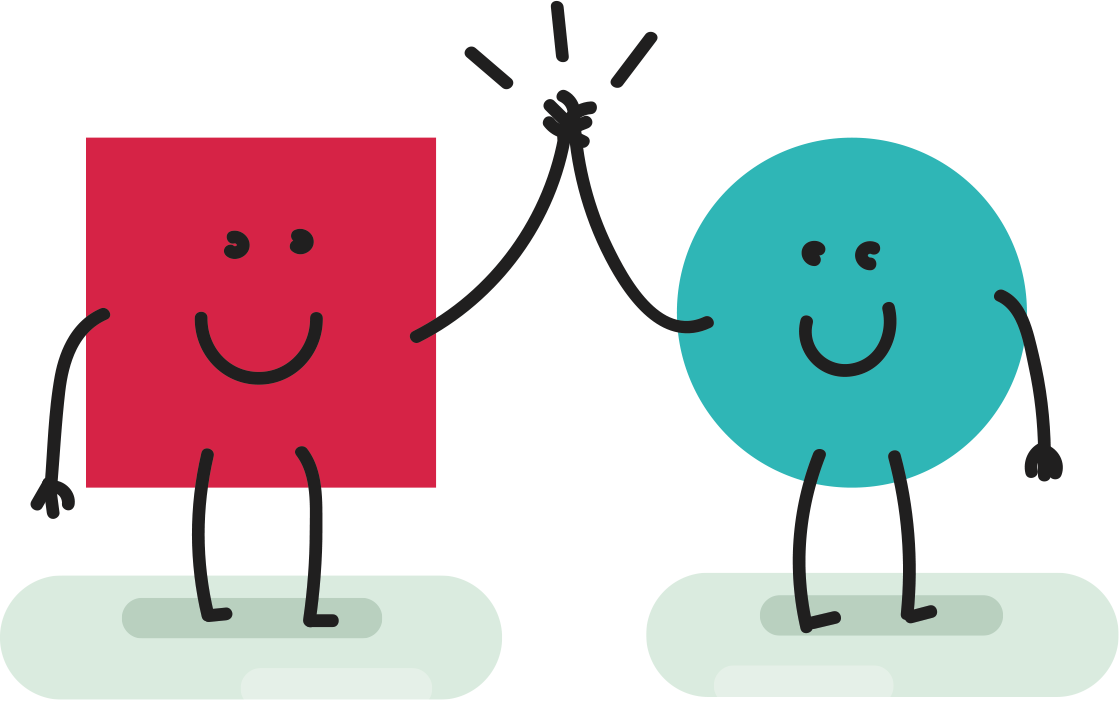
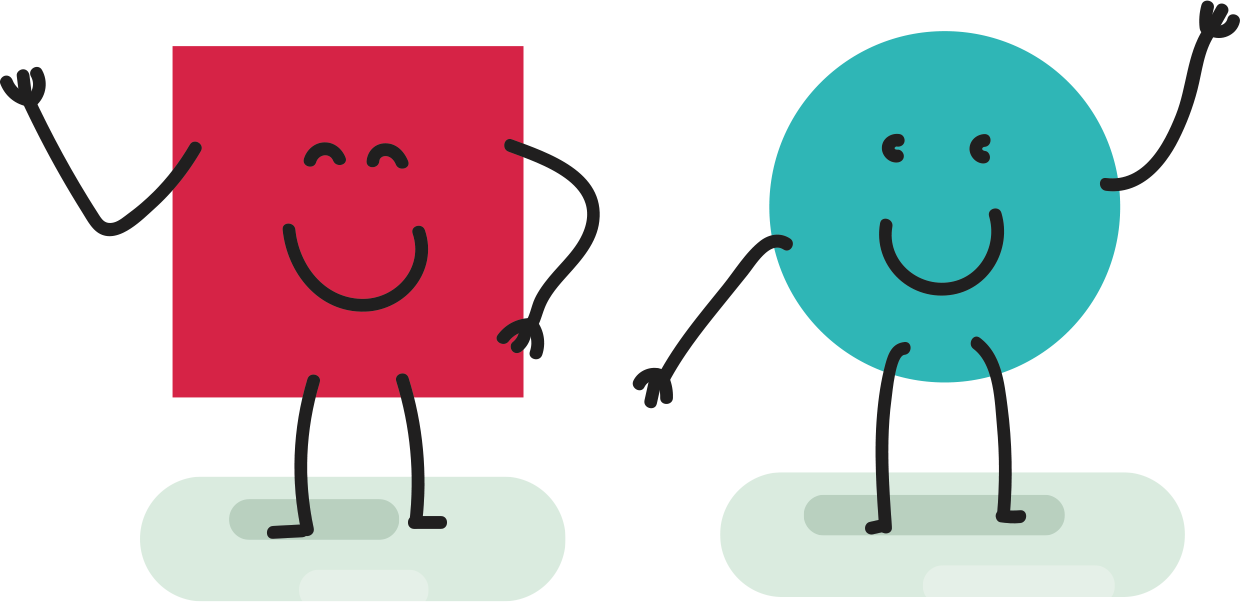


Once again thank you for all your help and for actually listening to me when others wouldn’t.

Jodie (Parent)
Thank you Julie once again for the excellent report, it captured the child’s needs entirely - SENDIASS, parents and me commented on how well written it was. Many thanks for your continued assistance.

SENCO
Sarah Ward was brilliant with us. Really happy with the help and support, would recommend.

Joanne (Parent)
I think the work you have been doing has been great to help break the stigma of mental health and as a fellow sufferer I know how important that is.

Mental health professional
Many thanks for Sarah W’s hard work with our students which has been very well received.

Deputy Head
Really enjoyed it and learnt lots that I can take back to school. Thank you for the quality experience.

Sarah Tindal
Thank you Julie once again for the excellent report, it captured the child’s needs entirely - SENDIASS, parents and me commented on how well written it was. Many thanks for your continued assistance.

SENCO

We provide bespoke solutions to suit all budgets and requirements for children and young people aged 0-25 in homes, education settings and the community. Our clinical, educational and child psychology services are cost effective.
To make a referral and arrange an initial discussion please complete our referral form.
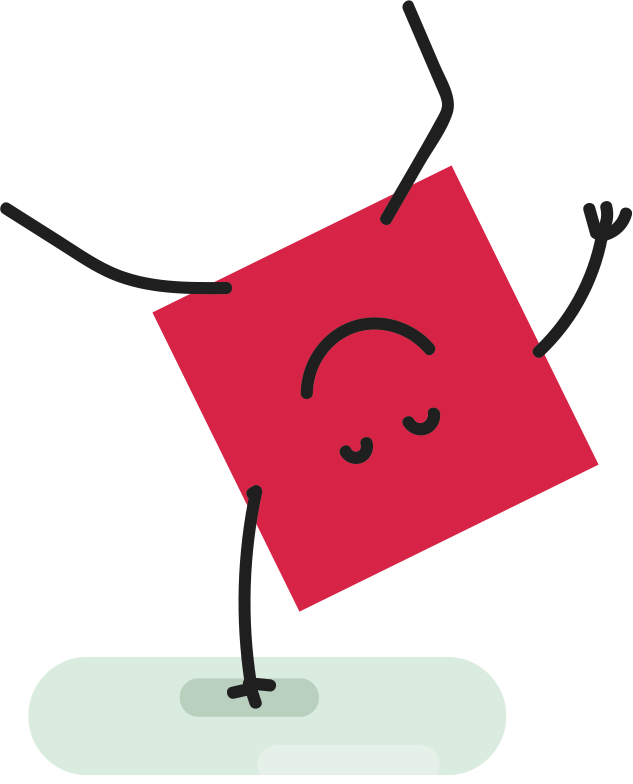
Ready to get started? The next step is to speak to our team to find out more about the services we provide and how we can help. Call us on 0161 820 9229 or email office@hsrpsychology.co.uk